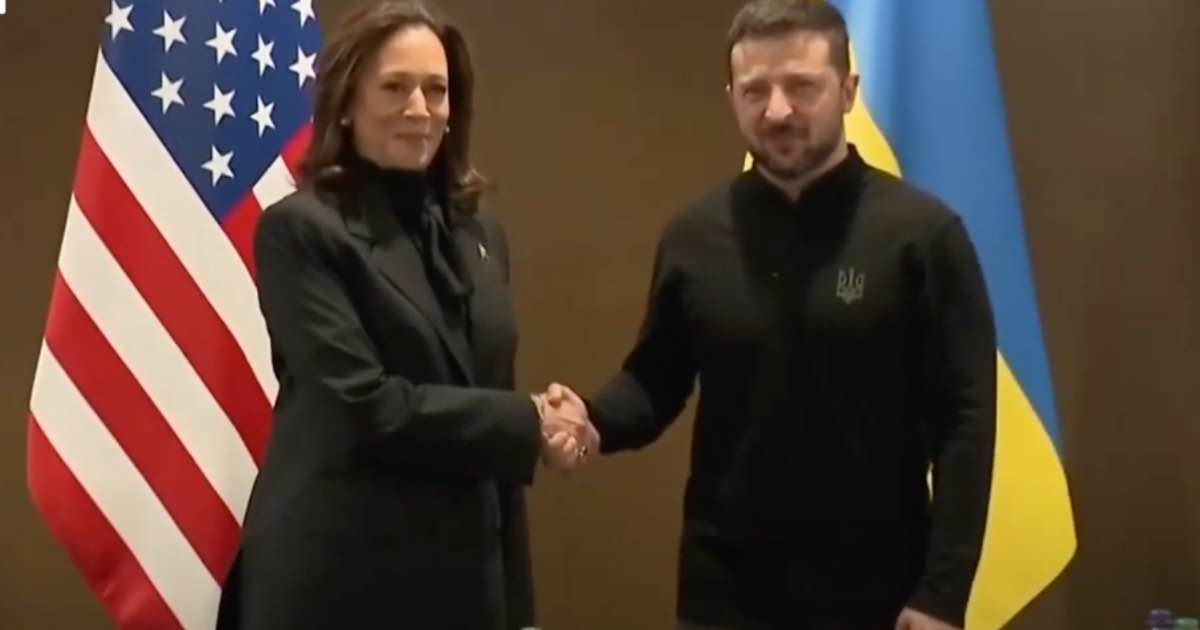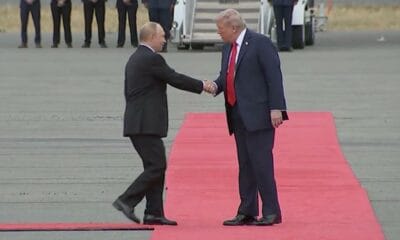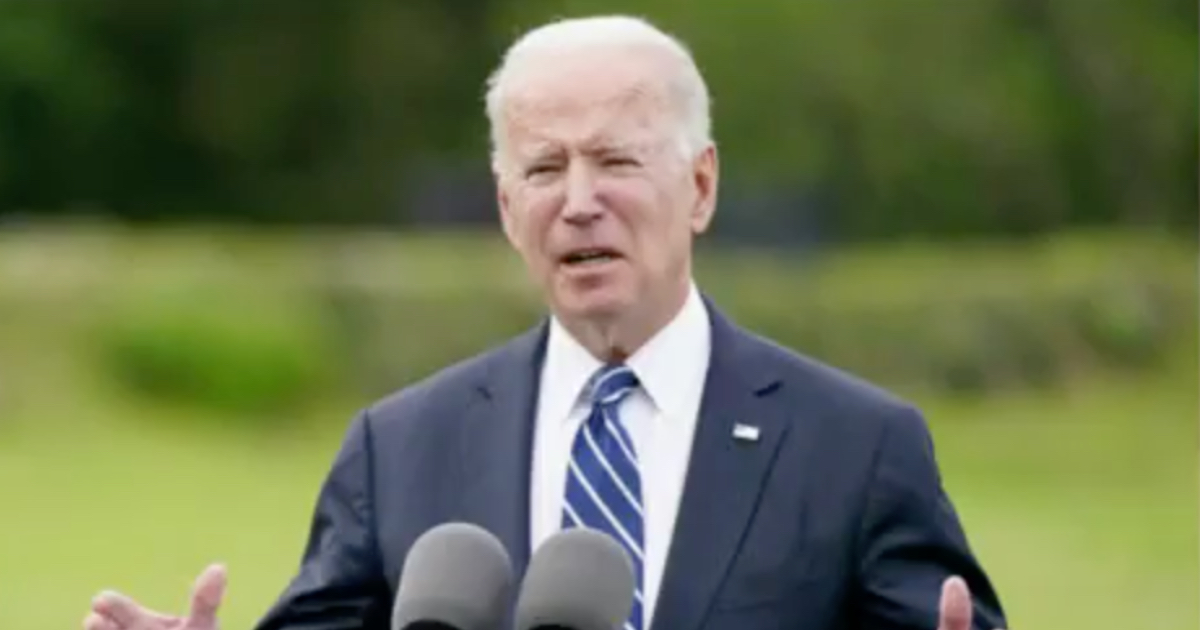Border Security
America’s Border Czar Ignores Crisis at Home, Pledges Billions to Secure Ukraine’s Integrity

While Vice President Kamala Harris, the nation’s Border Czar, embarks on a diplomatic mission to Switzerland to support Ukraine’s territorial integrity, the U.S. southern border remains in crisis. As Harris attends the “Summit on Peace in Ukraine” and pledges an additional $1.5 billion in aid to Ukraine, the American-Mexican border is grappling with a surge in drugs and illegal migrants.
Harris expressed her commitment to Ukraine on Twitter, stating, “I am heading to Switzerland for the Summit on Peace in Ukraine. I look forward to standing with our allies and partners in support of Ukraine’s effort to secure a just and lasting peace.” This visit follows the signing of a significant U.S.-Ukraine Bilateral Security Agreement by President Joe Biden and Ukrainian President Volodymyr Zelenskyy on June 13th in Italy.
I am heading to Switzerland for the Summit on Peace in Ukraine.
I look forward to standing with our allies and partners in support of Ukraine’s effort to secure a just and lasting peace. pic.twitter.com/StpQnO7Ojh
— Vice President Kamala Harris (@VP) June 15, 2024
Marco Rubio: Migrants Being Vetted At The Border Is A Joke
The agreement, formalized during the G7 summit, underscores the United States’ dedication to Ukraine’s sovereignty and territorial integrity. It emphasizes building a credible defense and deterrence capability for Ukraine, strengthening its defense industrial base, and accelerating its Euro-Atlantic integration.
Key aspects of the agreement include:
- Building and maintaining Ukraine’s credible defense and deterrence capability.
- Strengthening Ukraine’s capacity to sustain its fight over the long term.
- Supporting Ukraine’s economic recovery and energy security.
- Accelerating Ukraine’s Euro-Atlantic integration, including democratic and security reforms.
- Consulting at the highest levels in the event of future Russian aggression to determine appropriate support measures.
Vice President Harris’s trip to Switzerland underscores the U.S.’s long-term commitment to Ukraine. The additional $1.5 billion aid package aims to bolster Ukraine’s efforts to defend its sovereignty and ensure long-term stability in the region.
However, this international commitment contrasts sharply with the situation at the U.S.-Mexico border. While the U.S. government pledges extensive resources and support to secure Ukraine’s borders and sovereignty, the southern border of the United States continues to face significant challenges. Drugs and illegal migrants are pouring in, raising concerns about national security and public safety.
The bilateral security agreement signed on June 13th states: “The United States will work with our partners to strengthen Ukraine’s ability to defend itself now and to deter future aggression. By doing so, we will bolster Ukraine’s security, which is central to European security and to American security.” This contrasts with the reality at the U.S. southern border, where issues of border security and illegal immigration remain pressing.
The Biden Administration’s approach to Ukraine underscores a broader geopolitical strategy, aligning with NATO standards and reinforcing Ukraine’s position as a key contributor to European security. However, the juxtaposition of this robust international support with domestic border challenges raises questions about resource allocation and prioritization.
As Harris attends the Summit on Peace in Ukraine, the administration’s actions send a clear message: the United States stands firmly with Ukraine in its fight for freedom and democracy. Yet, the ongoing issues at the U.S.-Mexico border highlight the complexities and dualities of national security concerns, both abroad and at home.























